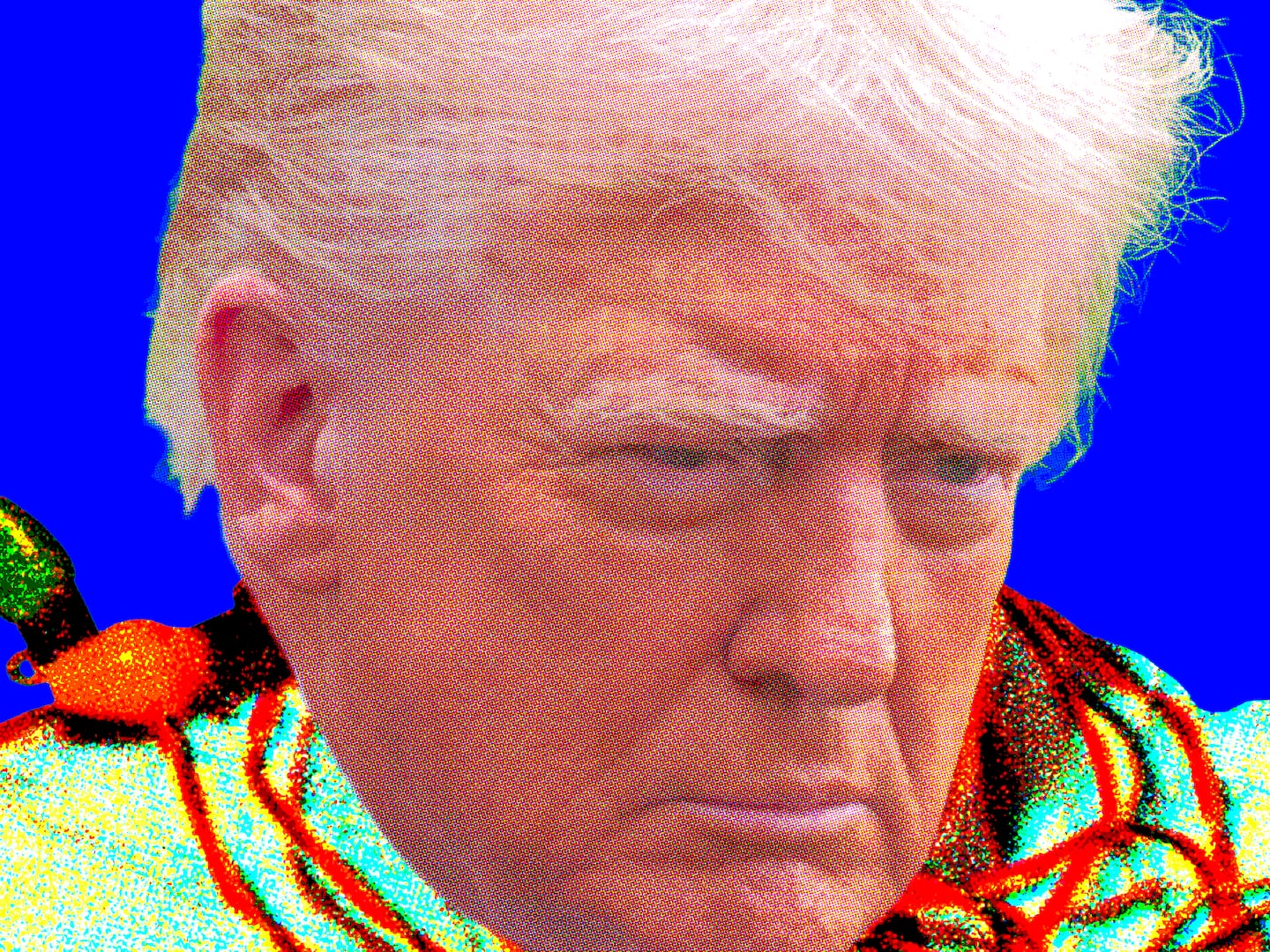Everyone from early investors to cybercriminals has benefited from the huge spike in the value of bitcoin in the past few weeks. It’s a boon for one other outfit that has likely racked up tens of millions of dollars’ worth of the cryptocurrency: WikiLeaks.
The transparency organization may be sitting on a stockpile of bitcoin valued at around $25 million, and has likely exchanged several other large cryptocurrency caches for fiat cash, according to two sources who independently analyzed WikiLeaks’ bitcoin transactions.
“Last wallet looks like his piggy bank,” John Bambenek, a security expert who has previously tracked Neo-Nazis’ use of bitcoin, told The Daily Beast, pointing to a specific bitcoin address believed to be linked to WikiLeaks.
An oft-repeated myth is that bitcoin is an anonymous currency. Although it can sometimes be harder for observers to determine which bitcoin address belongs to whom, the blockchain—the ledger listing all bitcoin transactions—is entirely public. Using this, it’s often possible to see which bitcoin wallets are associated with one another, perhaps link them to real identities, and infer what a bitcoin transaction was for. As The Daily Beast has previously reported, some law-enforcement agencies, including the IRS, have purchased software designed to make tracking bitcoin easier.
Since at least 2011, WikiLeaks has allowed supporters to send bitcoin donations. As noted by James Ball, a journalist and former WikiLeaks staffer, whoever is in control of this address—presumably WikiLeaks—moved around 3,000 bitcoin, worth $800 each, into a series of other accounts on one day in December 2013. At the time of writing, only around 1.5 bitcoin, or about $23,000, remains in the advertised donation address.
So, where did WikiLeaks’ bitcoin fortune go?
Bambenek pointed to several addresses that all received a substantial amount of bitcoin from the main WikiLeaks address, and three WikiLeaks-linked addresses are holding around 1,500 bitcoin, or just shy of $25 million, at the time of publication. A second source, who has access to blockchain analysis software used by law-enforcement agencies but who asked to remain anonymous, independently came to the same conclusion. Bambenek added there are another dozen or so accounts that contain an additional 60 bitcoin.
Of course, there is a chance that WikiLeaks didn’t move its funds to another address, but, for some reason, sent 1,500 to someone else.
“Well, considering Julian is holed up in an embassy, it’s entirely possible someone else has physical possession. But would you trust that cash to someone else?” Bambenek said.
Julian Assange and the main WikiLeaks Twitter account did not respond to a request for comment.
Unsurprisingly, it appears WikiLeaks may have converted some of its bitcoin donations into much more practical fiat currency, too. Several other large chunks of bitcoin moved from the WikiLeaks donation address to BitPay, a bitcoin exchange platform, Bambenek said.“I am assuming he spent, because it went to BitPay,” Bambenek added, referring to WikiLeaks founder Assange. The second source said WikiLeaks has spent around 3,500 bitcoin since its move to the digital currency.
WikiLeaks’ use of bitcoin is not just a cryptocurrency success story, though. The lack of information on how those funds are being used brings up questions around, ironically, the group’s transparency concerning its own finances.
“Obviously it’s not at all a good thing for a transparency group to be so opaque,” Ball, the former WikiLeaks staffer, told The Daily Beast. As Ball has noted, WikiLeaks has not published any accountability information recently. The Wau Holland Foundation, a German nonprofit that has processed donations for WikiLeaks, has published some details on what WikiLeaks spent its funds on, including processing submissions and covering expenses.
“WikiLeaks had its biggest year of operations [with] Collateral Murder, the Afghan and Iraq war logs, the State [Department] cables in 2010 and spent only €400,000. The value of their current stock of bitcoin is vastly higher and they’ve spent many already,” Ball continued.
“What is it being used for? Who gets paid what? What are their actual outgoings? They wouldn’t put up with this lack of accountability from any other organization, so shouldn’t do it themselves,” he added.
Assange has previously spoken about investing in bitcoin. In an October tweet, he cheekily “thanked” the U.S. government for spurring WikiLeaks’ move to cryptocurrency in the first place, saying it was due to the banking embargo against the group, which prohibited donations via Visa, PayPal and other processors in 2010.
“It caused us to invest in bitcoin [...] with [over] 50,000% return,” Assange tweeted.
In November, The Daily Beast reported the nonprofit Freedom of the Press Foundation was exploring cutting donation ties with WikiLeaks as the financial blockade was apparently over. Shortly afterward, the nonprofit announced its separation from WikiLeaks.
This month, cryptocurrency-focused news site CoinDesk reported that WikiLeaks would soon accept donations through more cryptocurrencies. In August, WikiLeaks announced it would also source donations in Zcash, a privacy-focused coin.






